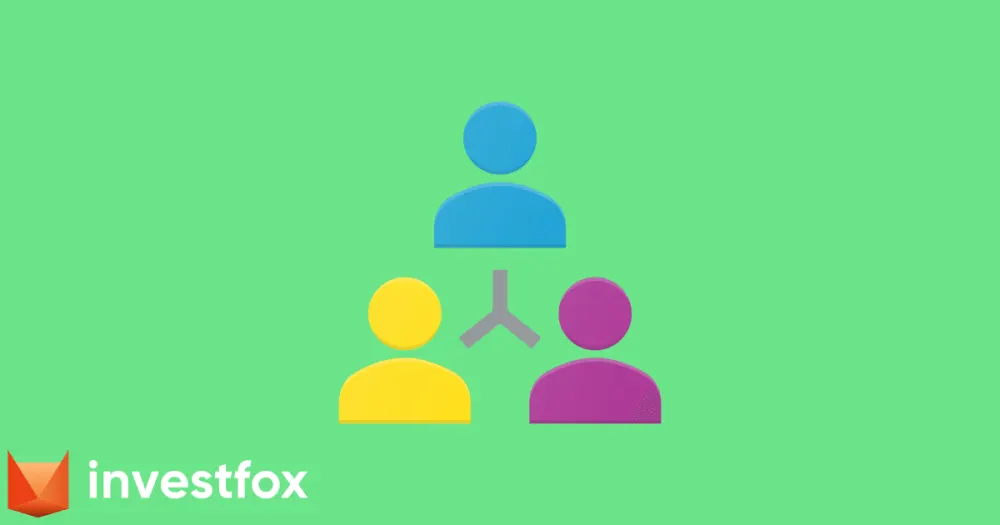Our partner, XM, lets you access a free demo account to apply your knowledge.
No hidden costs, no tricks.

The financial markets can be full of variety and complex, interesting trading strategies. Trading inherently deals with human emotions, such as fear, excitement, confidence, greed, etc.
In this sense, it is a social activity, whether directly or indirectly.
However, for the longest time, online traders did not have a lot of avenues where they could exchange trading ideas and strategies, discuss the markets, and build up a following of like-minded traders.
The democratization of finance, which swooped the markets during the late 2010s, have increased the demand for platforms that share the traits of a social network, while giving traders a more than competent trading platform.
The combination of the two has become known as social trading and has been increasing in popularity year after year.
Whether you are a conservative investor that favors S&P 500 index funds, or an options trader with an appetite for risk, chances are that a social trading platform has a group you can connect and share ideas with.
As already mentioned, Social trading is a form of online trading that combines elements of social networking and financial trading.
It allows individual traders and investors to connect, interact, and share their trading strategies, insights, and trades with others on a dedicated platform or through social media channels.
This adds a degree of community to an otherwise isolated trading experience.
Social trading comes with a host of social network features, such as individual profiles, like and follow functions, chats, posts, etc.
Traders can also filter through influencer traders based on their follower count to get some interesting new trade ideas from them.
This social aspect facilitates the exchange of ideas and knowledge among traders.
One of the central features of social trading is copy trading, also known as mirror trading or auto-trading.
In copy trading, less experienced traders can automatically replicate the trades of more experienced and successful traders.
This allows novices to benefit from the expertise of others without having to make independent trading decisions.
Copy trading is an essential tool of all social trading platforms and allows traders to build up a following of other market participants with similar interests.
Traders on social trading platforms share their strategies, market analyses, and insights with the community.
This information can be in the form of posts, charts, or real-time updates. This transparency helps traders learn from each other and make informed decisions.
Traders with similar interests can band together to devise new strategies and come up with complex new ideas and solutions.
Social trading communities often provide forums, chat rooms, and discussion groups where traders can discuss market trends, trading strategies, and other relevant topics.
These discussions give traders a sense of community and increase engagement on the platform.
Most social trading platforms provide performance metrics and statistics for each trader.
These metrics include historical trading results, risk levels, and other relevant data.
Prospective followers can use this information to assess the track record of traders they are considering to follow.
While social trading can be a powerful tool for learning and potentially profiting from the financial markets, it also carries risks. Copy trading does not guarantee returns and traders need to be aware of its limitations.
A good example of social trading is the Public.com platform, which combines the features of a brokerage platform with those of a social network.
Users can share their portfolios and gain insight from millions of other market participants.
Public offers over 9,000 equities, as well as cryptocurrencies and treasury securities to their clientbase.
While social trading may be a more engaging approach to trading, it nonetheless comes with its fair share of advantages and disadvantages.
Traders need to consider these factors to make sure that social trading is beneficial to them and that they will use the additional features that come with social trading platforms.
Our partner, XM, lets you access a free demo account to apply your knowledge.
No hidden costs, no tricks.
Social trading gives market participants a platform where they can interact with each other and exchange ideas and strategies.
Social trading platforms come with standard brokerage features, as well as social networking capabilities, such as posts, likes, shares, follows, chats, etc.
Social trading works similarly to any other brokerage service, except it comes with a host of additional social features, such as chats, post interactions, communities, and such.
It is a combination of a social network and a brokerage firm.
Social trading in forex works similarly to trading any other asset class. Traders can interact with and follow each other and share trade ideas.
Traders could also group in terms of the pairs they prefer to trade and exchange strategies.